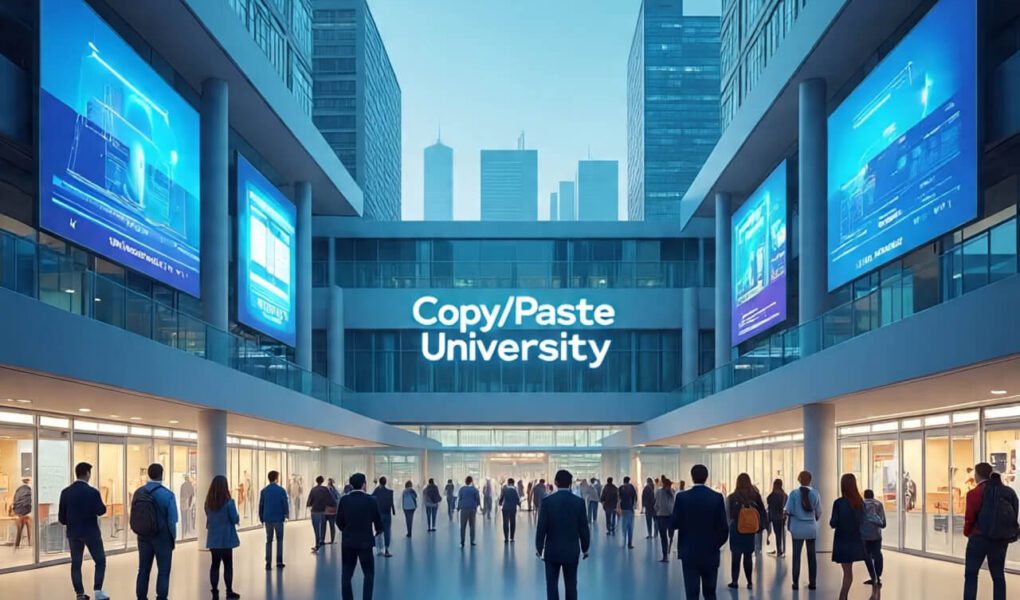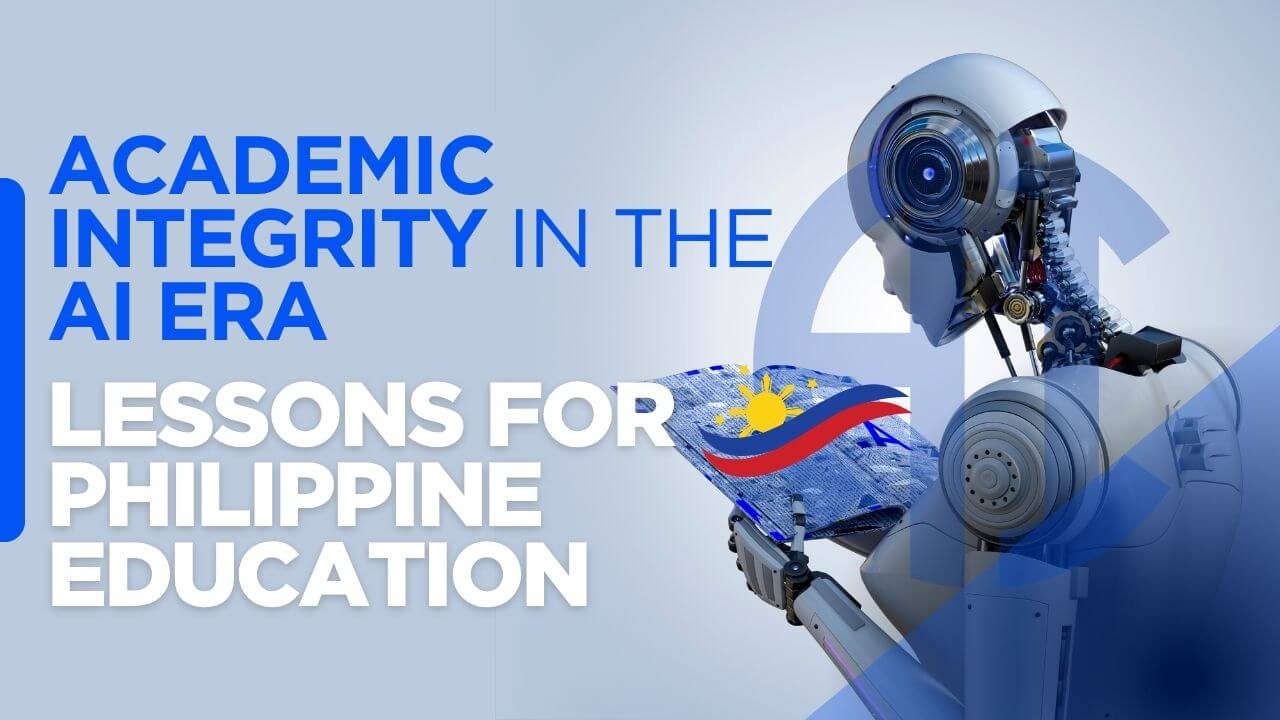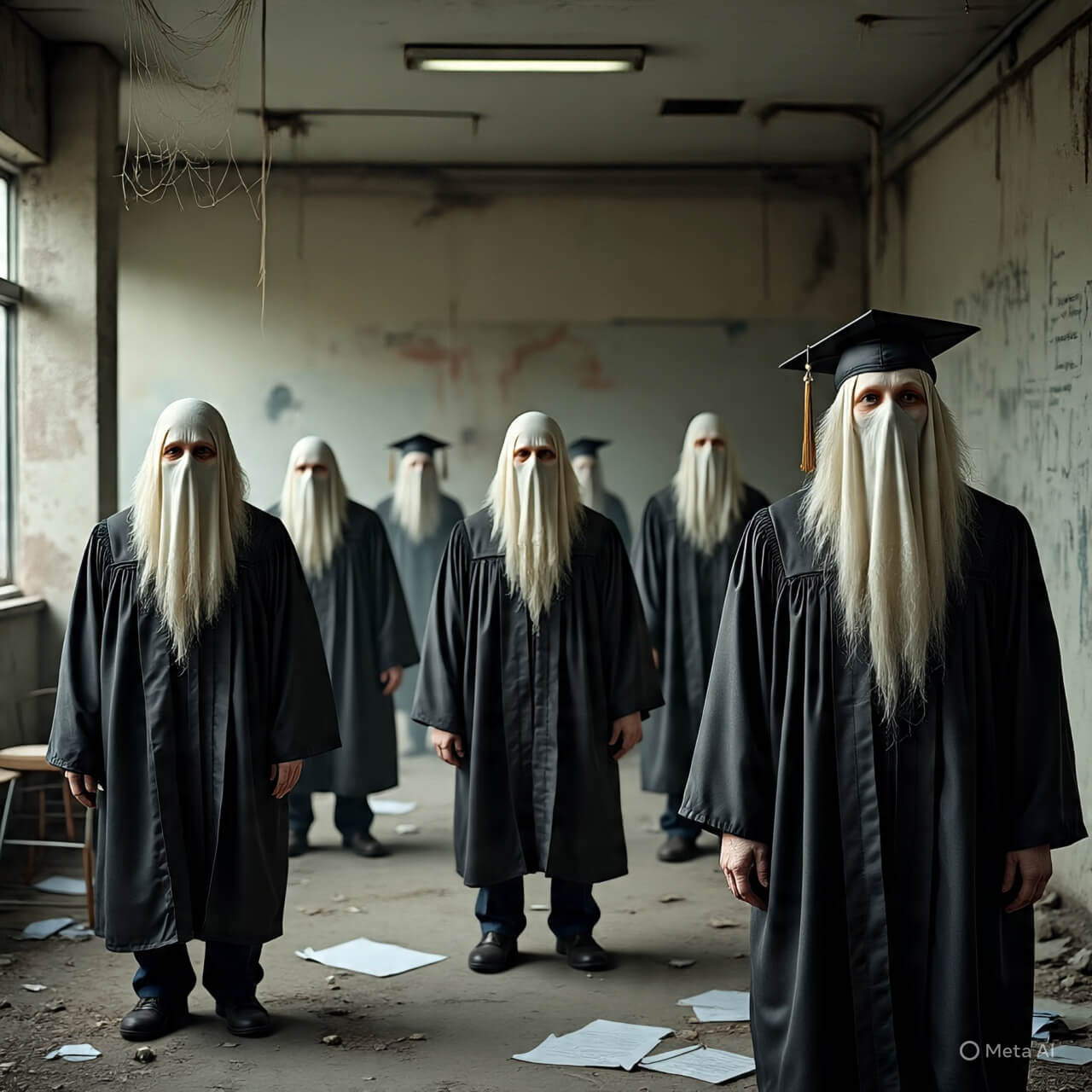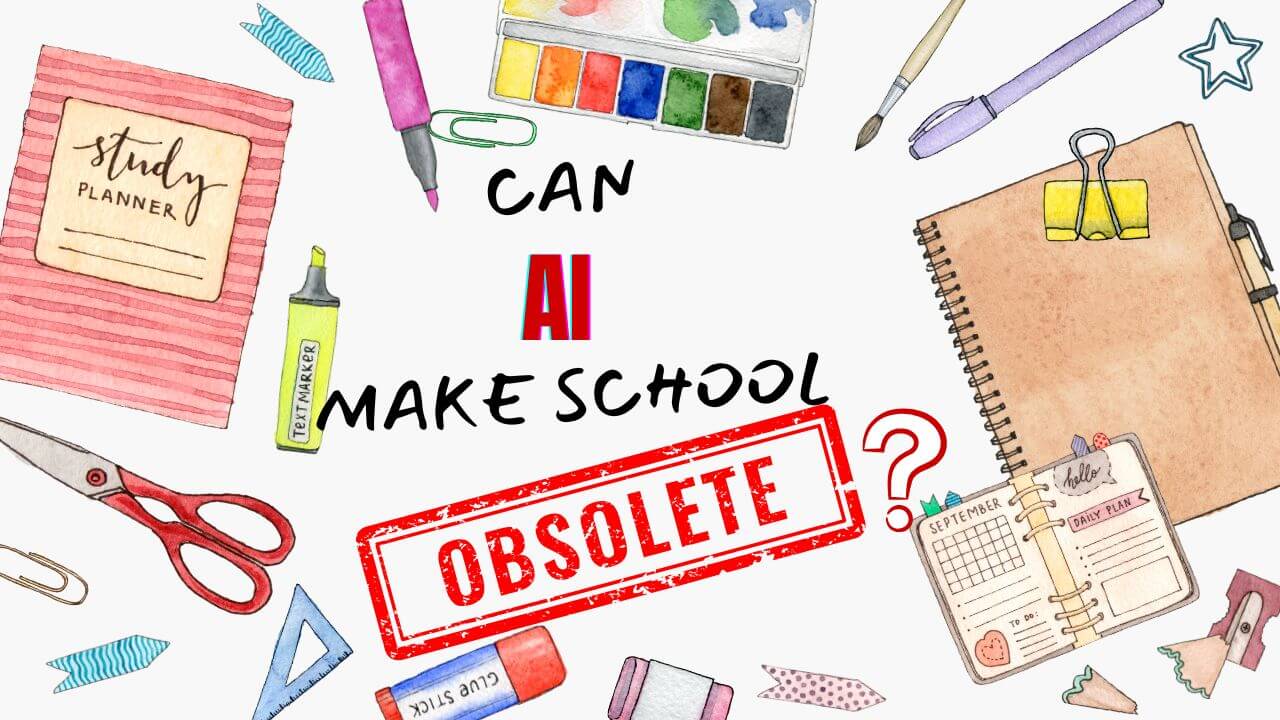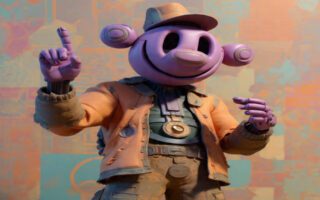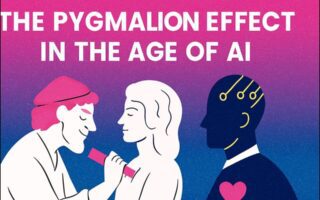Rethinking credentials, creativity, and integrity when AI does the repeating
Once, self-teaching meant endless copy/paste from textbooks, YouTube tutorials, or Google searches—our informal “University” of diskarté. Today, AI turbocharges that habit: paste a prompt, get instant answers. With Microsoft mandating AI fluency for Filipino teams, using AI isn’t optional—it’s table stakes. So, where does that leave college degrees, and what counts as original in a world of recycled outputs?
🔍 Pre-AI: Google & YouTube University
Before AI, Filipinos mastered skills by:
- Copying code snippets from GitHub
- Replaying tutorial videos on YouTube
- Scraping articles via Google
This democratized learning, yet fostered dependency on existing content rather than original problem-solving.
🤖 Prompt Era: From Copy/Paste to Prompt/Paste
AI chatbots and copilots amplify replication into “prompt/paste.” Need a marketing plan? Paste a template into ChatGPT. Debug code? Copilot writes it. As Microsoft’s AI mandate shows, prompt fluency is now job-critical, raising questions about the ROI of traditional degrees.
🎓 College in Question: Why and How Much?
We’re not anti-college. But as Gen Z founders and Filipino learners prove, you can build startups, stack micro-credentials, and create portfolios without a bachelor’s diploma. When AI handles the rote, does a four-year degree still justify its cost?
🛡️ Integrity under AI: Beyond Ghostwriting & Ghost Graduates
Instant AI essays and solved problem sets make cheating trivial. As we argued in “Academic Integrity in the Age of AI”, schools must evolve from policing copy/paste to teaching ethical prompt use, source attribution, critical vetting, and transparency about AI assistance.
But integrity isn’t just about assignments. In “Ghost Graduates: Future of Work & Education in the Philippines”, we explored degree inflation: graduates who hold diplomas but lack job-ready skills. Now, AI can produce spotless dissertations, creating a new class of “AI-powered Ghost Graduates” who can outwrite peers without truly learning.
To safeguard value, education must focus on:
- Interpretation over ideation: Students critique AI outputs, not just generate them
- Project-based proof: Real-world portfolios replace term-paper metrics
- Collaborative ethics: Teams document when and how they used AI
🏫 AI vs. Traditional Schooling: A Hybrid Future
Traditional classrooms still center on lectures, exams, and grades. In the AI era, education should prioritize:
- Meta-skills: Learning how to learn with AI
- Creative framing: Crafting novel prompts and solutions
- Critical judgment: Spotting biases and filling AI gaps
- Human-AI collaboration: Teaming with agents to solve complex problems
These align with insights from “AI vs. Traditional Schooling”, where tech augments teachers rather than replaces them.
🔥 Bold Conclusion
AI has mastered the copy/paste game—but human creativity, context, and ethical rigor remain irreplaceable. If we continue to pay for diplomas without fostering real problem solving, we risk mass-producing Ghost Graduates—degrees without depth. In the prompt era, the true credential is the ability to ask the right questions, challenge AI’s answers, and transform recycled outputs into uniquely Filipino innovations.
📚 References
- “Is College Still Worth It? What Gen Z Tech Founders and Filipino Learners Are Starting to Believe”
- “AI vs. Traditional Schooling: The Future of Education”
- “Academic Integrity in the Age of AI: Lessons for Philippine Education”
- “Microsoft AI Mandate for the Filipino Workforce”
- “Ghost Graduates: Future of Work & Education in the Philippines”
